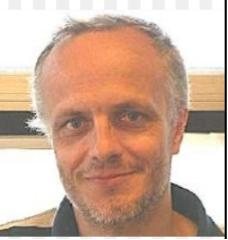 CURRENT POSITION
CURRENT POSITION
Emeritus Professor, HDR Université de Pau et les Pays de l’Adour (UPPA)
Research Interests:
Prof. Michel Rérat's research interests are at the intersection of computational chemistry, material science, and quantum mechanics, with a significant focus on exploring and characterizing the physical and chemical properties of materials for technological applications.
Theoretical and Computational Chemistry: Prof. Rérat has a profound interest in using theoretical and computational methods to study the structural and electronic properties of materials. This includes the application of ab initio calculations, a method that allows for the prediction of chemical and physical properties based solely on quantum mechanical principles without empirical parameters. Material Science: His work extends into the broader field of material science, with a focus on understanding and predicting the properties of materials at the atomic scale. This encompasses studying both inorganic and organic materials to uncover their potential applications in various industries. Piezoelectric Properties of Materials: Prof. Rérat has led research into the origin of piezoelectric properties at the atomic scale. Piezoelectric materials are those that can generate an electrical charge in response to applied mechanical stress, and they have applications in sensors, actuators, and energy harvesting devices. Nonlinear Optical Properties and Quantum Mechanics: The investigation of nonlinear optical properties in materials, through quantum mechanical characterization methods, indicates a keen interest in understanding and exploiting the interaction of light with matter at a fundamental level. Vibrational States of Solids and Spectroscopy: Prof. Rérat has contributed significantly to the understanding of anharmonic vibrational states in solids, utilizing spectroscopic methods such as infrared and Raman spectroscopy. This research is critical for materials characterization, offering insights into material stability, chemical identification, and molecular interactions. Development of Computational Tools and Methods: The development of computational tools implemented in CRYSTAL17 suites of programs reflects Prof. Rérat's dedication to developing computational methods that enable researchers to simulate and study the properties of crystalline materials.
